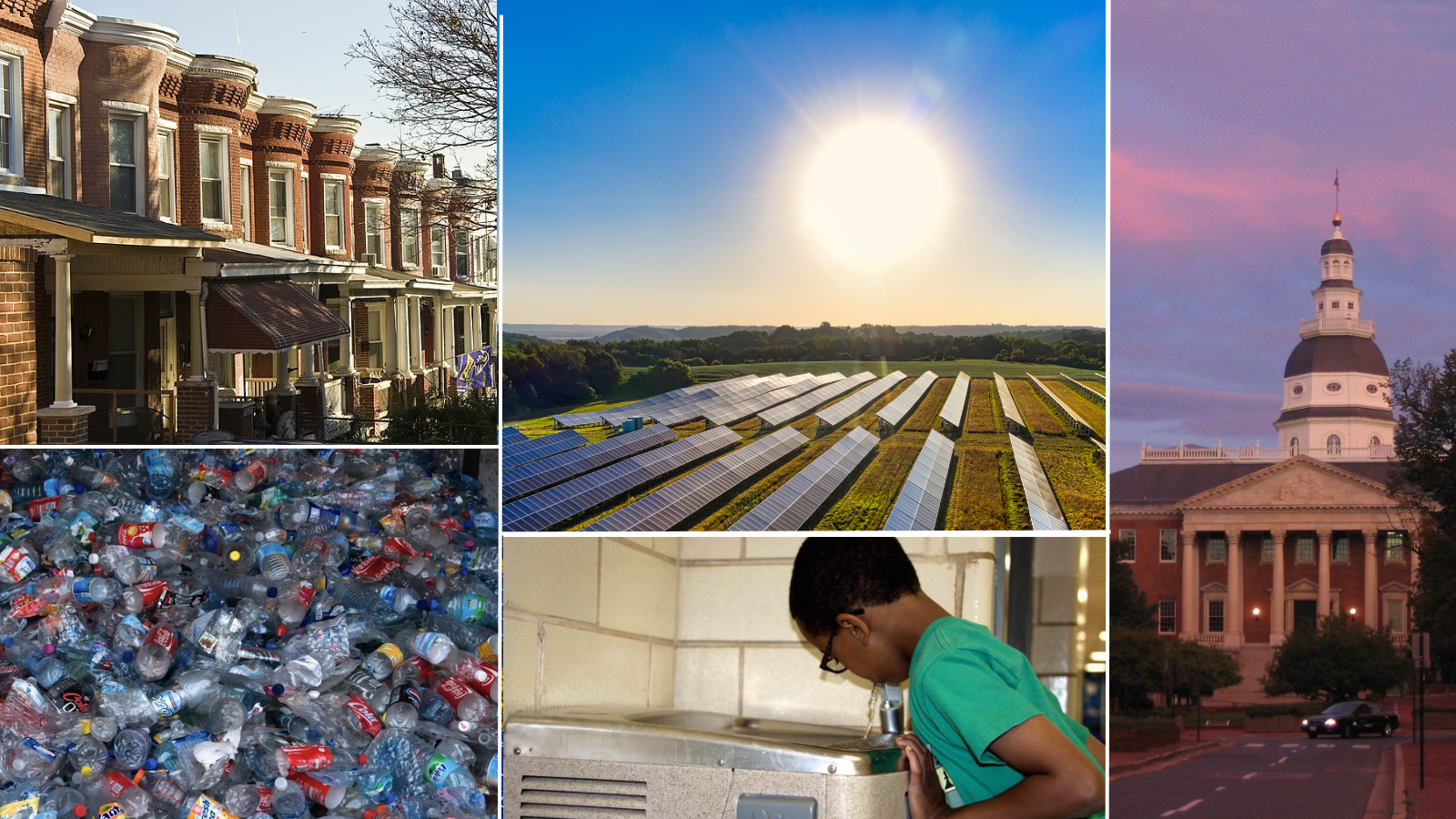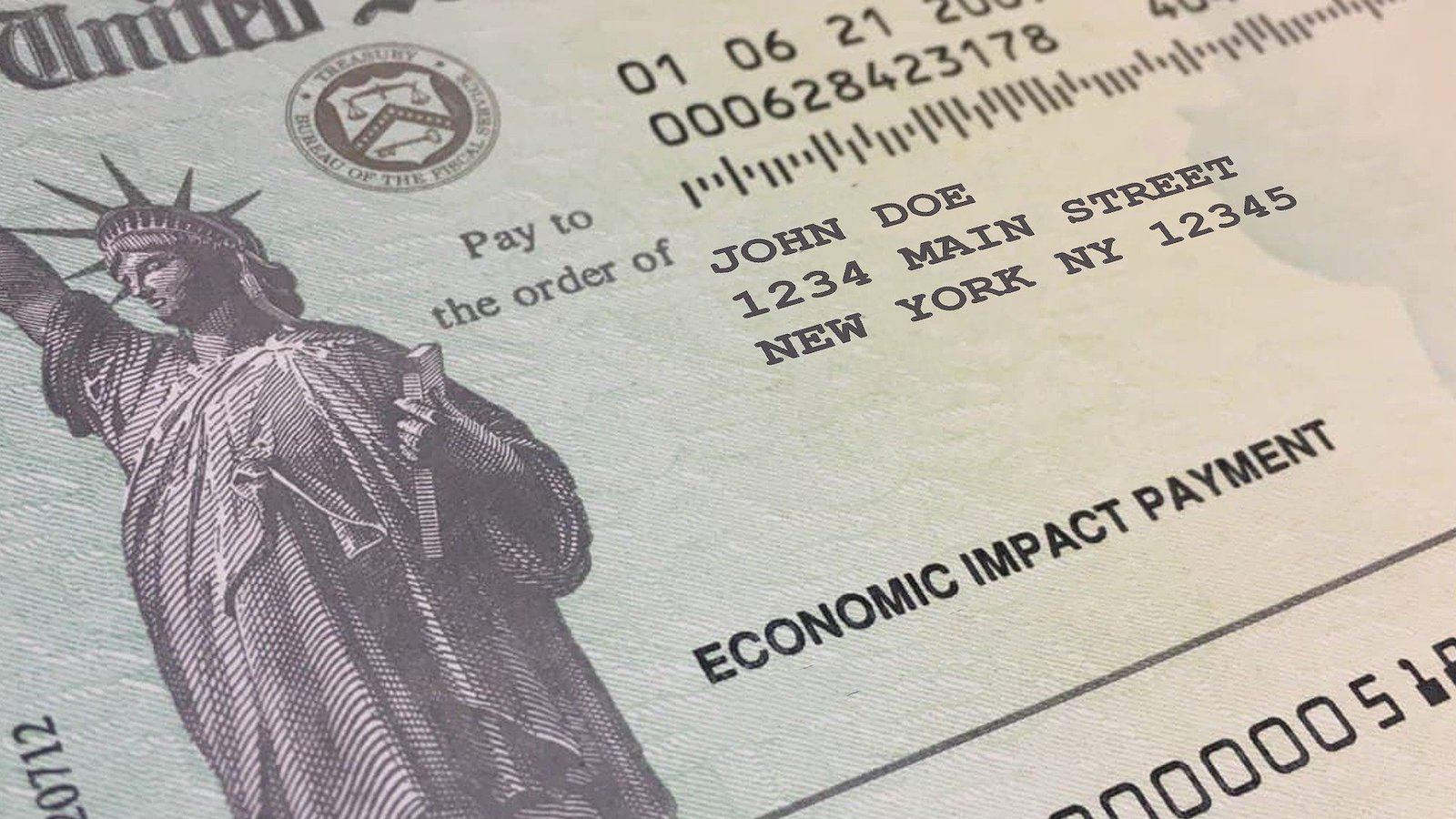
Tax and Budget Platform
Public money should be spent for the most effective pursuit of clear public benefits or to encourage beneficial behaviors undervalued by the market. Taxes should be fair, reliable, transparent, and guided by policy goals rather than political deals. Budgeting should similarly be open, accountable, and follow long-term planning.
Maryland PIRG
Public money should be spent for the most effective pursuit of clear public benefits or to encourage beneficial behaviors undervalued by the market. Taxes should be fair, reliable, transparent, and guided by policy goals rather than political deals. Budgeting should similarly be open, accountable, and follow long-term planning.
1. Prevent special-interest giveaways — Public monies should be used only for clear public benefit. Taxpayers should not subsidize or privilege projects that narrowly benefit special interests. Public subsidies should be systematically scrutinized and should be paid back if promised results are not delivered. Audits should be required of large economic development projects with random audits conducted for smaller projects.
2. Increase transparency and accountability — The public should know how their tax dollars are spent and how much corporations pay in taxes. Tax expenditures should come under as much oversight and scrutiny as direct government spending. Information related to the use of taxpayer dollars for private partnerships should be publicly available no less than when public agencies are entrusted with program functions. Budget negotiations should be open to public debate, with committee and roll-call votes publicly recorded. Contractors should bear the risks of cost overruns.
3. Eliminate wasteful and short-sighted expenditures — programs should be cut and red tape reduced. Policies should address market failure by providing private incentives to encourage socially beneficial behavior (e.g.: waiving tolls for carpooling) or imposing costs on harmful behavior (e.g.: “polluter pay for permits”). Cut expenditures that are harmful to the public health or environment. Don’t fund long-term commitments with short-term solutions. Avoid excessive public debt that will limit future budgetary flexibility. Budgeting for preventative maintenance will save money for infrastructure in the long term. Mechanisms should ensure that rainy day funds will be allocated during prosperous times and drawn down during recessions. – Spending should deliver the greatest “bang for the buck,” while recognizing that all government activities advance multiple aims, not all of which can be measured in dollars. Ineffective or redundant
4. Make taxes fairer — Revenue burdens should be distributed according to recognized principles such as who uses, who benefits, and who has the ability to pay. At a minimum, government revenue sources should not increase income inequality among state residents. States should analyze the distribution of taxes and the incidence of new proposed taxes. State funding instruments to aid localities should reduce disparities between communities in the provision of public services such as education. Budget crises should not be solved by shifting fiscal burdens onto future generations or local jurisdictions. Similar activities should be taxed similarly – unless compelling reasons exist for doing otherwise.
5. Sustainable state budgets — Revenue sources should ensure enough resources to maintain public services and take advantage of future opportunities. Arbitrary spending or revenue caps should be avoided. When funding for enforcement is otherwise unstable, it may be appropriate for funding to come from stable dedicated sources such as licensing and user fees. Diversion of these dedicated funds should be strongly discouraged and rules should prescribe when such temporary diversions are justified and the timeline for their repayment. Revenue sources should be diversified. States and localities can compete with one another through the excellence of their infrastructure, education, and quality of life, rather than using spending and tax expenditures to outbid other jurisdictions for private investments.
Topics
Find Out More


Tips to file your tax return while avoiding fees, scams

How to get your stimulus payments when you file your tax return
